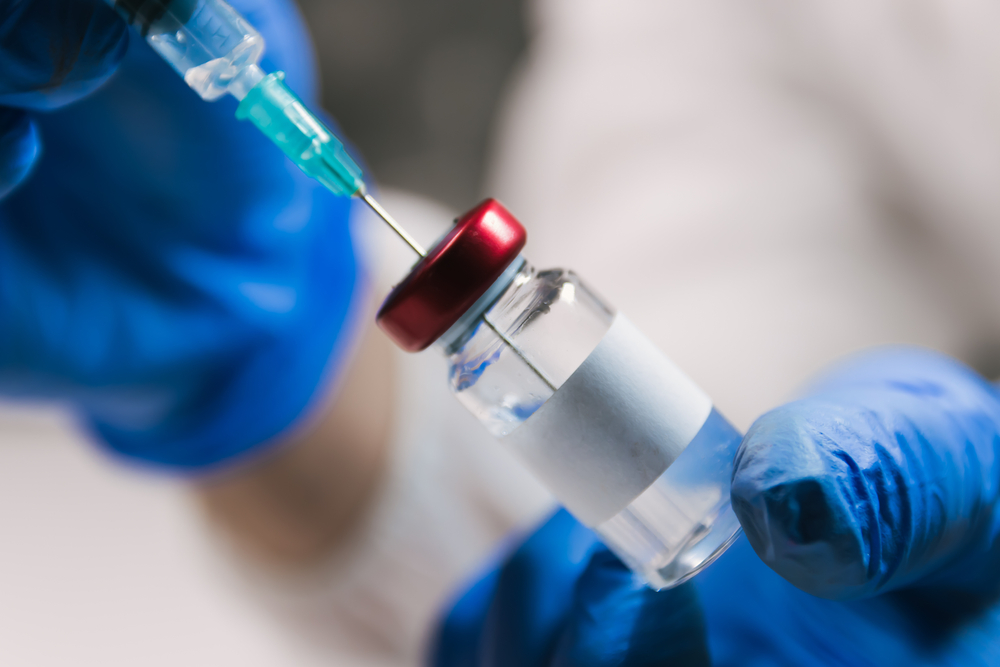The NHS is to introduce an innovative HIV jab that could change the way people protect themselves from the virus.
Around 1,000 people at high risk of HIV will soon have access to the NHS’s ground-breaking long-acting injection, a key step in the UK’s mission to eliminate new HIV infections by 2030.
Cabotegravir, a new injectable treatment, is offered to individuals who are unable to take traditional oral pre-exposure prophylaxis (PrEP) tablets.
Following approval from the National Institute for Health and Care Excellence (NICE), the injection will be available in sexual health clinics across the UK in the coming months.
This treatment represents a major advance in HIV prevention and complements the NHS’s wider public health efforts to tackle the virus nationally.
UK Secretary of State for Health and Social Care Wes Streeting hailed the transformative importance of the treatment, saying: “The approval of this ground-breaking shot perfectly exemplifies what this Government aims to deliver: cutting-edge treatments that save lives and leave no one behind.”
“This is hope for vulnerable populations who are unable to access other HIV prevention methods.
“We are making real progress in the fight against HIV, with an 8% increase in the use of PrEP this year, taking us further forward in our ambitions.England will be the first country to eliminate HIV infection by 2030, and this breakthrough prevention therapy is another powerful tool in our arsenal to help us reach that important target.”
How the new HIV injection works
Cabotegravir can protect against HIV with just one injection every two months, making it a convenient alternative for people who can’t tolerate daily PrEP pills.
This drug works by blocking an enzyme called integrase that HIV needs to replicate in the body. This stops the virus from multiplying and prevents the spread of infection.
Experts say injectable PrEP is nearly 100% effective in preventing HIV infection when used correctly.
By offering both oral and injectable options, the NHS aims to make HIV prevention accessible to everyone, regardless of their personal health needs or drug resistance.
Progress towards zero HIV infections
The development comes as the UK advances its HIV response.
The number of new diagnoses has fallen by 4% in the past year, from 3,169 in 2023 to 3,043 in 2024, according to Health and Safety Executive’s latest HIV surveillance report.
To further accelerate progress, the NHS is expanding its opt-out HIV testing program in emergency departments.
A further 30 A&E facilities will regularly test blood samples for HIV, bringing the total number of participating hospitals to 89.
The expansion is expected to help identify up to 1,900 previously undiagnosed or unrelated HIV cases each year.
Dr Michael Brady, National Adviser for LGBT+ Health at NHS England, added: “This long-acting injection is an important addition to our HIV prevention strategy, providing a powerful new option for people at risk of HIV who cannot obtain oral PrEP pills, and helping to ensure that everyone who needs PrEP has access to the pills.”
“We have made great strides in HIV treatment and prevention over the past decade, and the addition of injectable PrEP brings us one step closer to our goal of ending HIV transmission by 2030.”
A bold investment in prevention
NHS leaders are investing £27m this year to support the expansion of HIV testing, building on the £20m already spent since 2022.
Combined with innovative treatments like cabotegravir, the NHS can move closer to achieving its world-leading goal of completely eliminating HIV infection within the next five years.
With the advent of cabotegravir, the future of HIV prevention looks more promising than ever.
Source link

